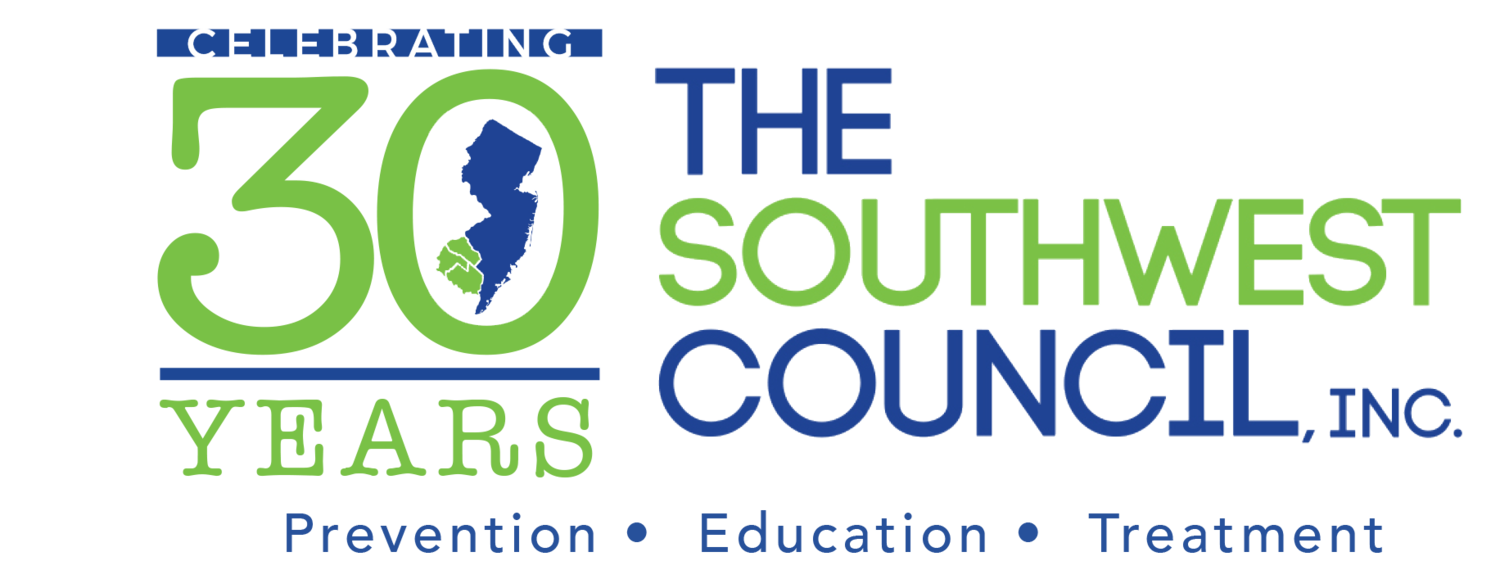By: Maria Elena Duca
The United States has seen an upswing in the number of individuals suffering from mental illness. Mental illness has been more prevalent in school-aged children compared to previous years, and continues to increase over time. According to the CDC, data showed that depression and anxiety steadily increased in children over the last decade. Children aged 6-17 that have been diagnosed with anxiety or depression have increased from 5.4% in 2003 to 8% in 2007 and to 8.4% in 2011–2012. (CDC, 2021) This data does not include children who have been diagnosed with behavioral problems, mood disorders, and ADHD diagnoses. Some of these diagnoses go hand in hand with one another, meaning that about 1 in 3 of children diagnosed with anxiety, has behavioral problems as well. (CDC)
In situations where mental episodes are addressed by a social worker, the situation has already escalated to a critical point, and the child has already suffered from extreme trauma or stress. These professionals are left to intervene in these situations, that cannot be managed without the necessary social support. This is unfortunate because many schools do not have the necessary counseling or resources to intervene and help the child. Being that suicide is the 2nd leading cause of death among children between ages 10 and 14, and there is a great deal of concern about the impact we have on children’s mental health. According to The World Health Organization, half of all mental health conditions start by 14 years of age, but most cases are undetected and untreated. (WHO, 2020) It is important within schools, that children have knowledge of mental illness and mental wellness before intervention is needed, or it becomes too late.
It’s clear that education, and overall knowledge of mental illness can serve as a preventative tool. So, does this mean schools should offer programs or supplementary teachings on mental wellness and coping skills? ABSOLUTELY YES. Educating on coping skills, and tools to aid in mental wellness for kids will help them recognize stress and anxiety and allow them to cope in a healthy way. The SWC offers these key components in their evidence based programs ensuring that the youth are educated enough to avoid drug use, c and other risky behaviors. In programs such as Too Good For Drugs, Footprints for Life, Keeping it Real and Life Skills Training, we are able to highlight important topics like coping skills and mental wellness techniques. This allows students to better understand how to handle stress and anxiety before intervention is needed. Using the proper structure, content, and method of delivery, our programs are effective and useful to children and adolescent’s 1st through 12th grade.
For more information regarding our prevention programs, please visit us at: www.southwestcouncil.org to explore our “education” tab. We are also available to reach by phone at (856) 794-1011 or (856) 494-4950 .
https://scholarworks.lib.csusb.edu/cgi/viewcontent.cgi?article=2311&context=etd
https://www.cdc.gov/childrensmentalhealth/data.html
https://www.who.int/news-room/fact-sheets/detail/adolescent-mental-health





